“Guten Morgen Sonnenschein”은 그리스의 전설적인 가수 나나 무스쿠리의 대표적인 곡 중 하나로, 1960년대부터 전 세계적으로 사랑받아 온 곡입니다. 이 곡은 밝고 경쾌한 멜로디와 나나 무스쿠리의 청량한 목소리가 조화를 이루며, 듣는 이들에게 햇살 가득한 아침의 기분 좋은 에너지를 선사합니다.
곡의 배경과 의미
“Guten Morgen Sonnenschein”은 독일어로 “굿모닝 햇살”이라는 뜻으로, 사랑하는 사람에게 전하는 아침 인사를 담고 있습니다. 곡은 사랑하는 사람과 함께 맞이하는 밝고 희망찬 아침을 표현하며, 긍정적이고 행복한 분위기를 자아냅니다.
나나 무스쿠리는 이 곡을 통해 삶의 긍정적인 면을 강조하며, 사랑과 희망, 행복이라는 보편적인 가치를 전달합니다. 곡의 가사는 “Guten Morgen Sonnenschein”과 같은 단순하고 직관적인 표현들을 사용하여 누구나 쉽게 이해하고 공감할 수 있도록 구성되었습니다.
나나 무스쿠리와 “Guten Morgen Sonnenschein”
나나 무스쿠리는 1934년 그리스에서 태어나 1950년대부터 가수 활동을 시작했습니다. 그녀는 특유의 맑고 섬세한 목소리와 다채로운 음악 스타일로 전 세계적으로 많은 사랑을 받았습니다. “Guten Morgen Sonnenschein”을 비롯한 그녀의 노래들은 시대를 초월하여 꾸준히 사랑받고 있으며, 지금까지도 많은 사람들에게 감동과 즐거움을 선사하고 있습니다.
곡의 인기와 영향
“Guten Morgen Sonnenschein”은 출시 이후 꾸준한 사랑을 받으며, 수많은 사람들에게 희망과 위로를 전해주었습니다. 특히 이 곡은 밝고 경쾌한 분위기 때문에 긍정적인 에너지를 전달하고자 하는 광고나 드라마, 영화 등에서 자주 사용되어 왔습니다. 또한 많은 사람들이 이 곡을 듣고 아침을 시작하며, 긍정적인 마음으로 하루를 보내는 데 도움을 받고 있습니다.
곡의 구성과 음악적 특징
“Guten Morgen Sonnenschein”은 밝고 경쾌한 멜로디와 나나 무스쿠리의 청량한 목소리가 조화를 이루는 곡입니다. 곡은 간단한 악기 구성으로 이루어져 있으며, 피아노, 기타, 드럼 등의 악기들이 멜로디를 풍성하게 만들어 줍니다. 곡의 템포는 빠르지 않고, 잔잔하게 흘러가는 편이어서 편안하게 들을 수 있습니다.
나나 무스쿠리의 목소리는 맑고 섬세하면서도 힘이 느껴지는 것이 특징입니다. 그녀는 곡의 분위기를 잘 표현하며, 듣는 이들에게 긍정적인 에너지를 전달합니다.
“Guten Morgen Sonnenschein”의 의미와 영향
“Guten Morgen Sonnenschein”은 단순한 노래가 아닌, 삶의 긍정적인 면을 강조하고 희망과 행복을 전달하는 메시지를 담고 있는 곡입니다. 밝고 경쾌한 멜로디와 나나 무스쿠리의 청량한 목소리는 많은 사람들에게 긍정적인 에너지를 선사하며, 삶의 활력을 불어넣어 주고 있습니다.
결론
“Guten Morgen Sonnenschein”은 나나 무스쿠리의 대표적인 곡으로, 시대를 초월하여 꾸준히 사랑받는 곡입니다. 이 곡은 밝고 경쾌한 멜로디와 나나 무스쿠리의 청량한 목소리가 조화를 이루며, 듣는 이들에게 햇살 가득한 아침의 기분 좋은 에너지를 선사합니다. “Guten Morgen Sonnenschein”은 사랑하는 사람에게 전하는 아침 인사를 담고 있으며, 삶의 긍정적인 면을 강조하며 희망과 행복을 전달하는 메시지를 담고 있습니다.
FAQs
Q1. “Guten Morgen Sonnenschein”은 어떤 곡인가요?
A1. “Guten Morgen Sonnenschein”은 그리스 가수 나나 무스쿠리의 대표적인 곡 중 하나로, 독일어로 “굿모닝 햇살”이라는 뜻입니다.
Q2. 이 곡은 어떤 의미를 담고 있나요?
A2. 이 곡은 사랑하는 사람과 함께 맞이하는 밝고 희망찬 아침을 표현하며, 긍정적이고 행복한 분위기를 자아냅니다.
Q3. 이 곡은 어떤 점에서 특별한가요?
A3. 밝고 경쾌한 멜로디와 나나 무스쿠리의 청량한 목소리가 조화를 이루며, 듣는 이들에게 햇살 가득한 아침의 기분 좋은 에너지를 선사합니다.
Q4. 이 곡은 어떤 사람들에게 추천할 수 있나요?
A4. 긍정적인 에너지를 얻고 싶거나, 밝고 경쾌한 음악을 좋아하는 사람들에게 추천합니다.
Q5. 이 곡을 듣고 어떤 느낌을 받았나요?
A5. 이 곡을 듣고 햇살 가득한 아침의 기분 좋은 에너지를 느꼈고, 긍정적인 마음으로 하루를 시작할 수 있었습니다.
Guten Morgen Sonnenschein
사용자가 검색하는 키워드: 나나 무스쿠리 guten morgen sonnenschein Guten Morgen Sonnenschein meaning, Guten Morgen meaning
주제에 관한 이미지 나나 무스쿠리 guten morgen sonnenschein

카테고리: https://thuetaxi.com
여기서 더 읽어보세요: phucminhhung.com
Guten Morgen Sonnenschein Meaning
Let’s dive into how we can translate this charming phrase into Korean.
Guten Morgen Sonnenschein in Korean
To translate “Guten Morgen Sonnenschein” directly into Korean, we’d need to consider the nuances of the German phrase and find the most natural and expressive equivalent.
Here are some possible translations in Korean, each with a slightly different feel:
1. 좋은 아침 햇살 (Joheun achim haetsal): This is a straightforward translation, meaning “Good morning sunshine.” It’s simple, direct, and conveys the essence of the original German phrase.
2. 해맑은 아침 (Haemalgeun achim): This translates to “Bright morning” or “Sunny morning.” It captures the feeling of warmth and optimism that “Guten Morgen Sonnenschein” evokes.
3. 햇살 가득한 아침 (Haetsal gadeukhan achim): This translates to “Morning filled with sunshine.” It’s a more descriptive translation that highlights the brightness and positivity of the phrase.
4. 아침 햇살처럼 밝은 당신 (Achm haetsalcheoreom balgeun dangsine): This translates to “You, as bright as the morning sunshine.” This adds a personal touch, making it more affectionate and endearing.
5. 햇살처럼 눈부신 당신 (Haetsalcheoreom nunbusin dangsine): This translates to “You, dazzling like sunshine.” This option adds a touch of romanticism, perfect for a special someone.
The choice of translation ultimately depends on the specific context and the relationship you have with the person you’re addressing.
The Importance of Context
It’s important to remember that language is about more than just words; it’s about the context in which those words are used. When translating a phrase like “Guten Morgen Sonnenschein,” we need to consider:
The relationship: Who are you speaking to? Is it a close friend, a romantic partner, a family member, or a casual acquaintance?
The tone: Are you being playful, affectionate, formal, or casual?
The situation: What is the overall mood and setting?
These factors all contribute to the overall meaning and impact of the phrase.
Beyond Direct Translation
While direct translation is a good starting point, sometimes the best way to convey the spirit of a phrase is to find a Korean equivalent that captures the same feeling and emotion.
For example, if you want to convey the playful and affectionate nature of “Guten Morgen Sonnenschein,” you could use phrases like:
귀여운 햇살 (Gwiyeoun haetsal): This translates to “Cute sunshine,” which is a playful and endearing way to greet someone.
사랑스러운 햇살 (Sarangseureoun haetsal): This means “Lovely sunshine,” which is a more romantic and affectionate choice.
Remember, language is a beautiful tool for expressing ourselves, and sometimes the best way to convey a feeling is to find the words that resonate with the recipient’s heart.
Tips for Using Korean Phrases
Here are a few tips for using Korean phrases like “Guten Morgen Sonnenschein” effectively:
1. Practice: The more you practice, the more comfortable you’ll become with using Korean phrases in everyday conversations.
2. Context is key: Always consider the context and the relationship you have with the person you’re speaking to.
3. Don’t be afraid to experiment: Try different translations and see what feels most natural and appropriate.
4. Embrace the culture: Learning about Korean culture can help you understand the nuances of language and use phrases in a way that is culturally sensitive.
FAQ: Guten Morgen Sonnenschein in Korean
Here are some frequently asked questions about the meaning of “Guten Morgen Sonnenschein” and its translation into Korean:
Q: What is the best translation for “Guten Morgen Sonnenschein” in Korean?
A: The best translation depends on the context. The options we discussed above offer a range of options for different situations. Consider who you’re talking to and the overall tone you’re aiming for.
Q: Can I use “Guten Morgen Sonnenschein” in Korean?
A: While it’s a lovely phrase, it’s not typically used in Korean. It’s best to stick with Korean translations to maintain cultural sensitivity and avoid confusion.
Q: Is it okay to use informal Korean phrases when speaking to someone I don’t know well?
A: It’s always best to err on the side of caution. Use formal Korean phrases when speaking to someone you don’t know well. As you get to know them better, you can gradually introduce more informal language.
Q: Are there other ways to express affection in Korean?
A: Absolutely! Korean offers a rich array of phrases and expressions for expressing affection, love, and appreciation. Explore these options to find the best way to convey your feelings.
Understanding the cultural context is key to using Korean phrases effectively. Remember, language is a tool for connection, and by embracing its nuances, we can build meaningful relationships.
Guten Morgen Meaning
Guten Morgen! If you’re learning German, you’ve probably encountered this friendly greeting, but did you know it also has a special meaning in Korean?
Let’s dive into the fascinating world of Guten Morgen’s Korean translation and how it connects to the rich tapestry of Korean culture.
Guten Morgen in Korean: 좋은 아침
The Korean phrase 좋은 아침 (pronounced “jo-eun a-chim”) translates directly to “good morning” in English. While the meaning is similar, it’s important to understand the nuances of this phrase in Korean.
Here’s the breakdown:
좋은 (jo-eun): This means “good” or “nice” in Korean. It’s a versatile word used in various contexts, reflecting a positive sentiment.
아침 (a-chim): This signifies “morning” in Korean. It’s a common word used to denote the early hours of the day, generally from sunrise to noon.
When combined, 좋은 아침 (jo-eun a-chim) conveys a positive sentiment towards the morning and a desire for a pleasant day. It’s a courteous and respectful way to greet someone in the morning, especially in formal settings or when addressing elders.
Why is Guten Morgen Important in Korean?
Now, you might be wondering why a German greeting is so relevant in Korean. The answer lies in the historical and cultural exchanges between Germany and Korea.
During the late 19th and early 20th centuries, Germany had a significant influence on Korea’s modernization efforts. German scholars, engineers, and missionaries introduced various aspects of Western culture and knowledge to Korea. This exchange resulted in the adoption of German words and phrases into the Korean language, including “Guten Morgen.”
Although “Guten Morgen” isn’t a commonly used daily greeting in Korea, it has a special place in the historical context of Korean-German relations. It’s a reminder of the lasting impact of cultural exchanges and the connections forged between different nations.
Using Guten Morgen in Korean
While “Guten Morgen” is primarily a historical artifact in Korean, it can be used in specific situations:
Historical Context: When discussing Korean-German relations or the influence of German culture on Korea, using “Guten Morgen” can add a touch of historical authenticity to the conversation.
Humorous Context: You can use “Guten Morgen” in a lighthearted or humorous way to add a touch of German flair to your Korean conversations. Think of it as a playful nod to the past.
Learning German: If you’re learning German and want to impress your Korean friends, “Guten Morgen” might be a good starting point.
Understanding the Context
Remember, the appropriate greeting in Korean depends on the context and the relationship between the speakers. While “Guten Morgen” might be charming in certain situations, it’s essential to be aware of the cultural nuances.
Here are some general guidelines for using greetings in Korean:
Formal Settings: In formal settings, such as business meetings or official gatherings, it’s always best to use more formal greetings like 안녕하세요 (annyeonghaseyo).
Informal Settings: With close friends and family, informal greetings like 안녕 (annyeong) are suitable.
Elderly People: Show respect by using honorifics when greeting elderly individuals.
Guten Morgen and Beyond: Expanding Your Korean Vocabulary
Learning “Guten Morgen” is just the beginning! Here are some other German-derived words and phrases commonly used in Korean:
사람 (saram): This word for “person” comes from the German word “person.”
학교 (hakgyo): “School” in Korean is derived from the German word “Schule.”
시계 (sigye): “Clock” in Korean originated from the German word “Uhr.”
These examples illustrate the lasting legacy of German influence on the Korean language.
The Power of Language: A Window to Culture
Understanding the meaning and usage of “Guten Morgen” in Korean reveals a deeper appreciation for the connections between language and culture. It reminds us that words are not just tools for communication but also vessels that carry history, tradition, and cultural exchange.
So, next time you encounter “Guten Morgen” in Korean, take a moment to reflect on its unique journey and the cultural stories it tells.
FAQs:
Q: Is “Guten Morgen” commonly used in Korea?
A: “Guten Morgen” isn’t a common daily greeting in Korea. It’s primarily used in specific contexts like historical discussions or as a humorous nod to the past.
Q: What are some other ways to greet someone in Korean?
A: Here are some other common Korean greetings:
안녕하세요 (annyeonghaseyo): Formal greeting used for all ages and situations.
안녕 (annyeong): Informal greeting used with close friends and family.
잘 지내세요? (jal jinae-seyo?): “How are you?” Used in both formal and informal settings.
Q: Is there a Korean equivalent to “Guten Abend” (good evening)?
A: Yes, the Korean equivalent of “Guten Abend” is 좋은 저녁 (jo-eun jeonyeok), which translates to “good evening.”
Q: What’s the best way to practice my Korean greeting skills?
A: The best way to practice is to immerse yourself in the language. Talk to native Korean speakers, watch Korean dramas and movies, and listen to Korean music. You’ll naturally pick up the nuances of language and culture.








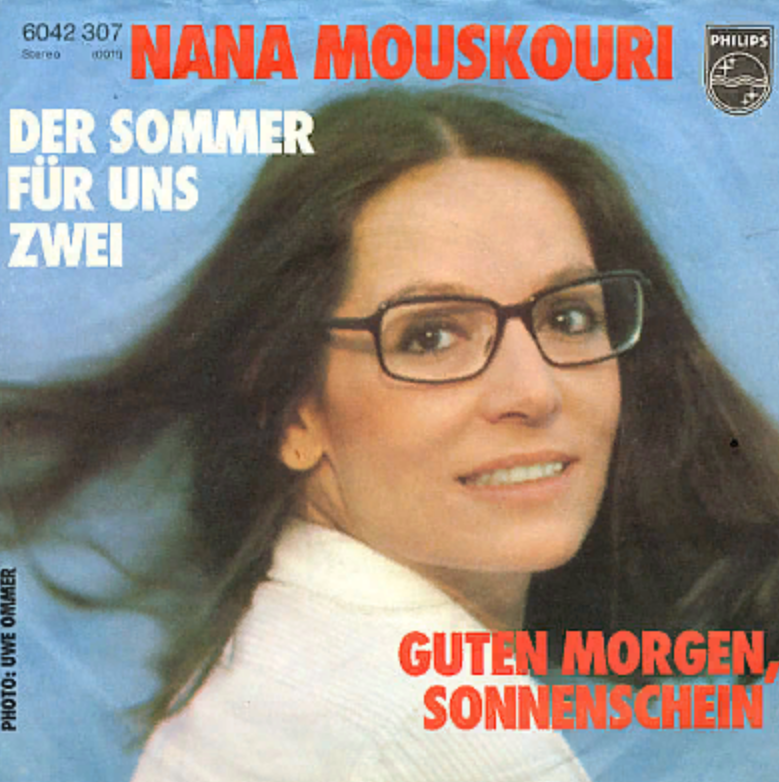
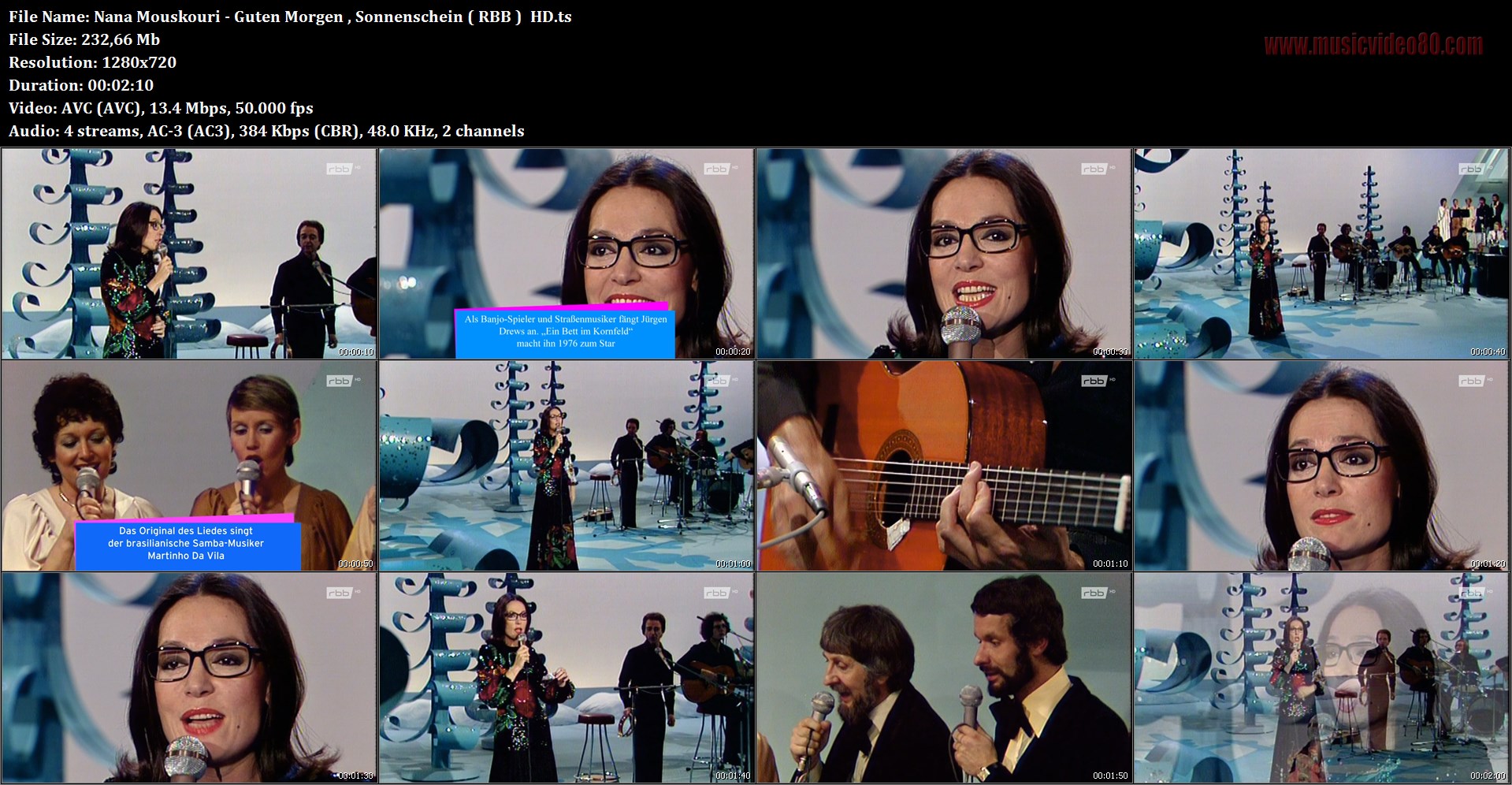
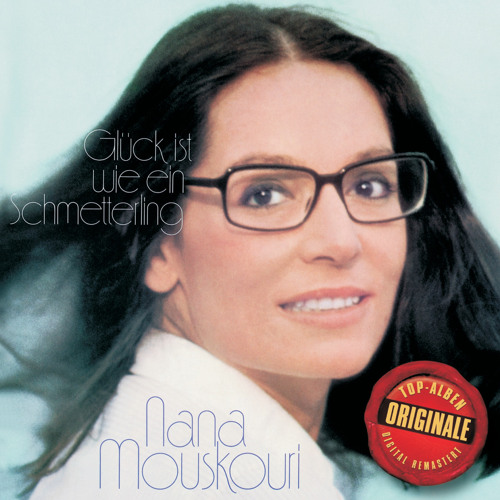



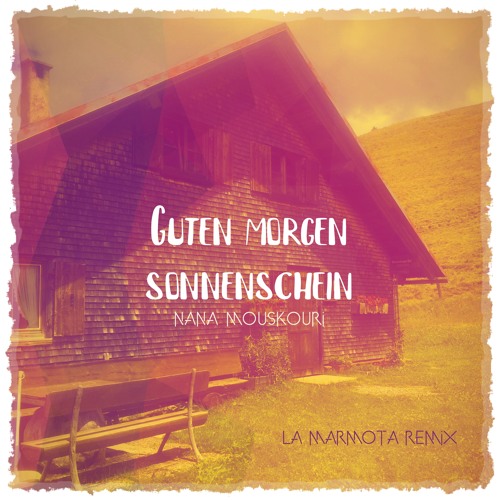
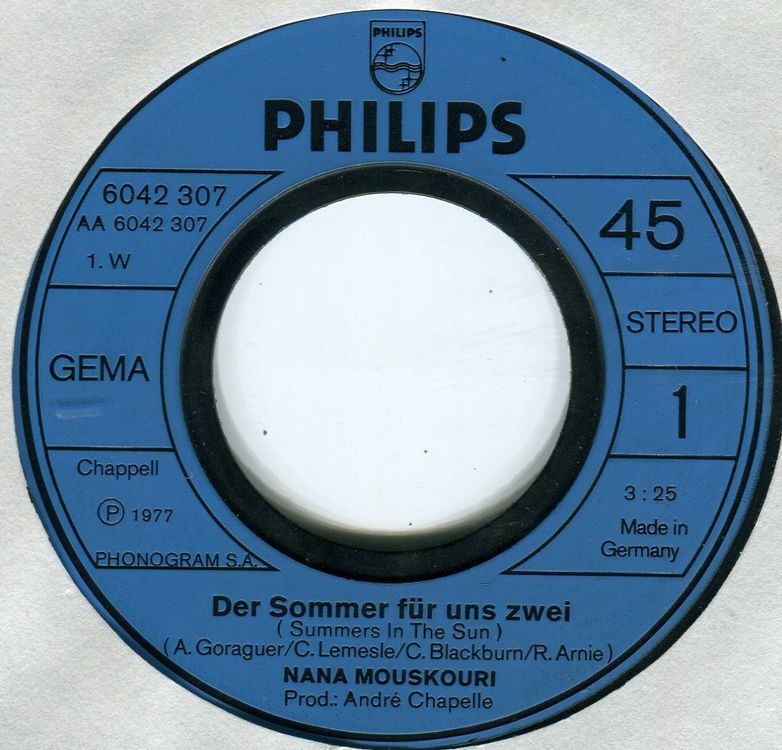









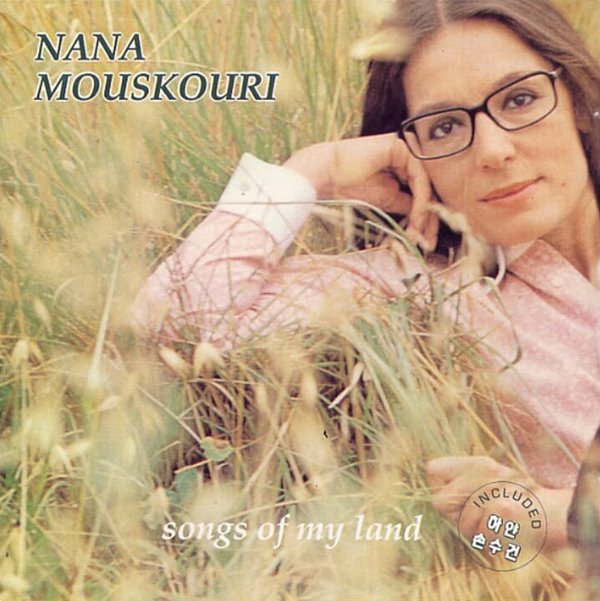








![[LP] 나나 무스쿠리 - Nana Mouskouri - Roses & Sunshine LP [성음-라이센스반] - YES24 [Lp] 나나 무스쿠리 - Nana Mouskouri - Roses & Sunshine Lp [성음-라이센스반] - Yes24](https://image.yes24.com/goods/105750647/XL)


![[LP] 나나 무스쿠리 - Nana Mouskouri - Alleluia LP [성음-라이센스반] - YES24 [Lp] 나나 무스쿠리 - Nana Mouskouri - Alleluia Lp [성음-라이센스반] - Yes24](https://image.yes24.com/usedshop/2022/1206/_/2b7d3991-7a94-48a0-bdfa-d2c1ecfa4657_XL.jpg)
![[스타] #나나 무스쿠리 천상의 목소리 Na Na Mouskouri Music 🎶 - YouTube [스타] #나나 무스쿠리 천상의 목소리 Na Na Mouskouri Music 🎶 - Youtube](https://i.ytimg.com/vi/UH2THf3ECJ0/maxresdefault.jpg)


![[LP] 나나 무스쿠리 - Nana Mouskouri - Nana's Book Of Songs LP [U.K반] - YES24 [Lp] 나나 무스쿠리 - Nana Mouskouri - Nana'S Book Of Songs Lp [U.K반] - Yes24](https://image.yes24.com/usedshop/2022/0905/_/39f8b171-a663-4e34-a422-232a26e20ba7_XL.jpg)
![[LP] 나나 무스쿠리 - Nana Mouskouri Custom 20 LP [성음-라이센스반] - YES24 [Lp] 나나 무스쿠리 - Nana Mouskouri Custom 20 Lp [성음-라이센스반] - Yes24](https://image.yes24.com/usedshop/2021/1111/65926916-5c0a-4764-ab95-02f5ba958a10_XL.jpg)




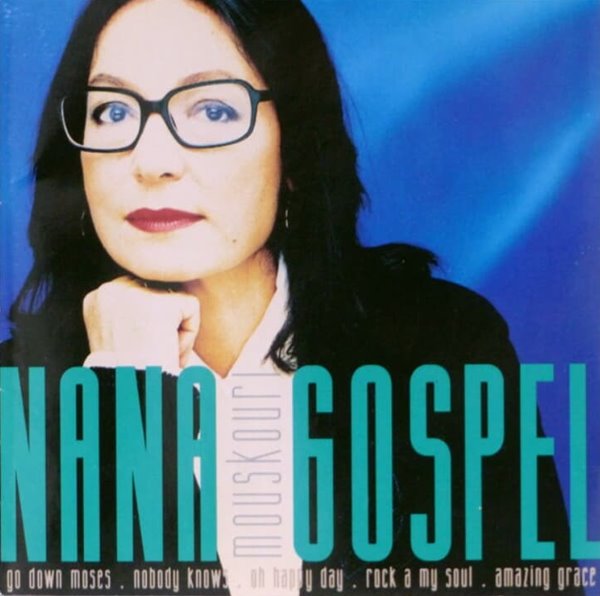
![[LP] 나나 무스쿠리 - Nana Mouskouri - Alleluia LP [성음-라이센스반] - YES24 [Lp] 나나 무스쿠리 - Nana Mouskouri - Alleluia Lp [성음-라이센스반] - Yes24](https://image.yes24.com/usedshop/2021/0512/_/cb4d9660-a24d-403e-b017-99593c6b20bc_XL.jpg)


![[LP] 나나 무스쿠리 - Nana Mouskouri - Song For Liberty LP [성음-라이센스반] - YES24 [Lp] 나나 무스쿠리 - Nana Mouskouri - Song For Liberty Lp [성음-라이센스반] - Yes24](https://image.yes24.com/goods/102005736/XL)


![알라딘: [LP] 나나 무스쿠리 - Nana Mouskouri - Alone LP [성음-라이센스반] 알라딘: [Lp] 나나 무스쿠리 - Nana Mouskouri - Alone Lp [성음-라이센스반]](https://image.aladin.co.kr/product/30252/53/cover500/scm4808515095775.jpg)
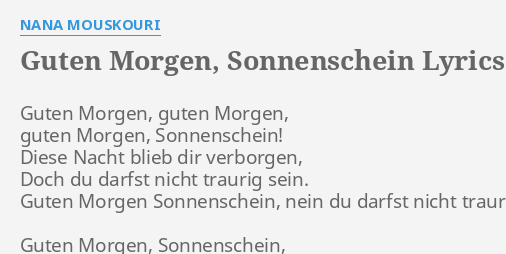

![[LP] 나나 무스쿠리 - Nana Mouskouri - Alone LP [성음-라이센스반] - YES24 [Lp] 나나 무스쿠리 - Nana Mouskouri - Alone Lp [성음-라이센스반] - Yes24](https://image.yes24.com/goods/112353487/XL)


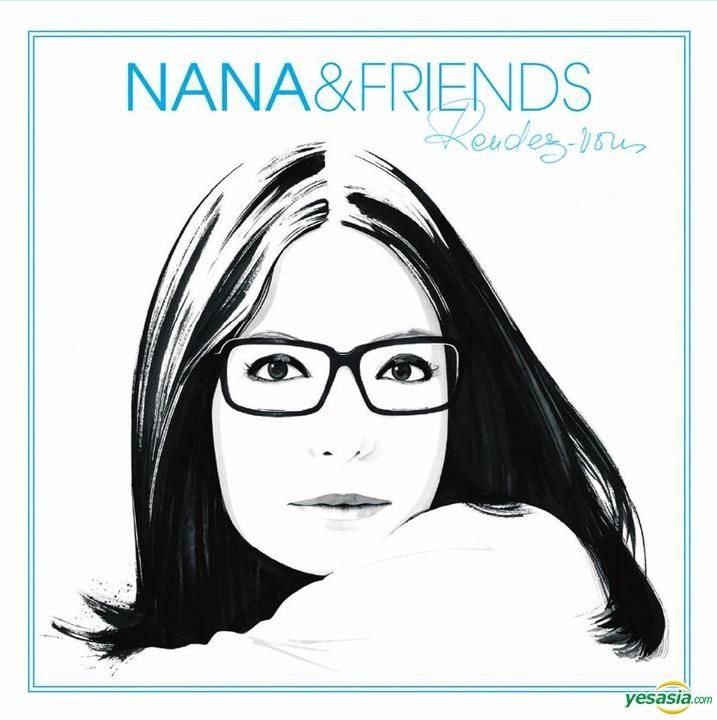
![[영상앨범] Danny Boy (대니보이. 아 목동아) - Nana Mouskouri (나나 무스쿠리) 제작 : 한스영상 ... [영상앨범] Danny Boy (대니보이. 아 목동아) - Nana Mouskouri (나나 무스쿠리) 제작 : 한스영상 ...](https://i.ytimg.com/vi/EecNNJtvj5w/maxresdefault.jpg)


![[LP] 나나 무스쿠리 - Nana Mouskouri Custom 20 LP [성음-라이센스반] - YES24 [Lp] 나나 무스쿠리 - Nana Mouskouri Custom 20 Lp [성음-라이센스반] - Yes24](https://image.yes24.com/usedshop/2021/1111/1ae38281-6e5d-4c15-87fc-eb02cfcc8767.jpg)
![[LP] 나나 무스쿠리 - Nana Mouskouri - Nana's Book Of Songs LP [U.K반] - YES24 [Lp] 나나 무스쿠리 - Nana Mouskouri - Nana'S Book Of Songs Lp [U.K반] - Yes24](https://image.yes24.com/usedshop/2022/0905/_/5524320a-d890-4ea0-b980-0bedbea83ef9.jpg)
![[LP] 나나 무스쿠리 - Nana Mouskouri - Why Worry LP [성음-라이센스반] - YES24 [Lp] 나나 무스쿠리 - Nana Mouskouri - Why Worry Lp [성음-라이센스반] - Yes24](https://image.yes24.com/usedshop/2023/0209/_/910fa040-cb8e-49bd-a0de-38065752c0c5_XL.jpg)
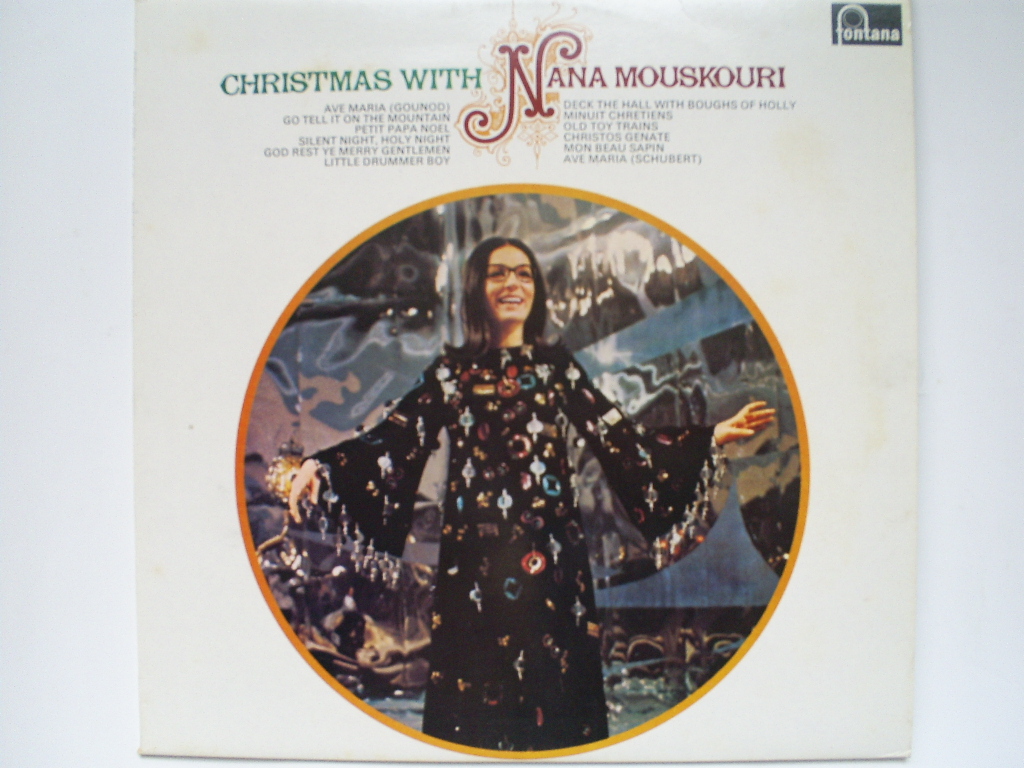
![[LP] 나나 무스쿠리 - Nana Mouskouri - Alone LP [성음-라이센스반] - YES24 [Lp] 나나 무스쿠리 - Nana Mouskouri - Alone Lp [성음-라이센스반] - Yes24](https://image.yes24.com/usedshop/2022/0830/_/7df6275b-7993-47a2-8f11-d287eae98dbb.jpg)
![[LP] 나나 무스쿠리 - Nana Mouskouri - Alleluia LP [성음-라이센스반] - YES24 [Lp] 나나 무스쿠리 - Nana Mouskouri - Alleluia Lp [성음-라이센스반] - Yes24](https://image.yes24.com/usedshop/2022/0804/_/7ed6f649-fc10-4bdc-b2c9-f0cb3358073a_XL.jpg)


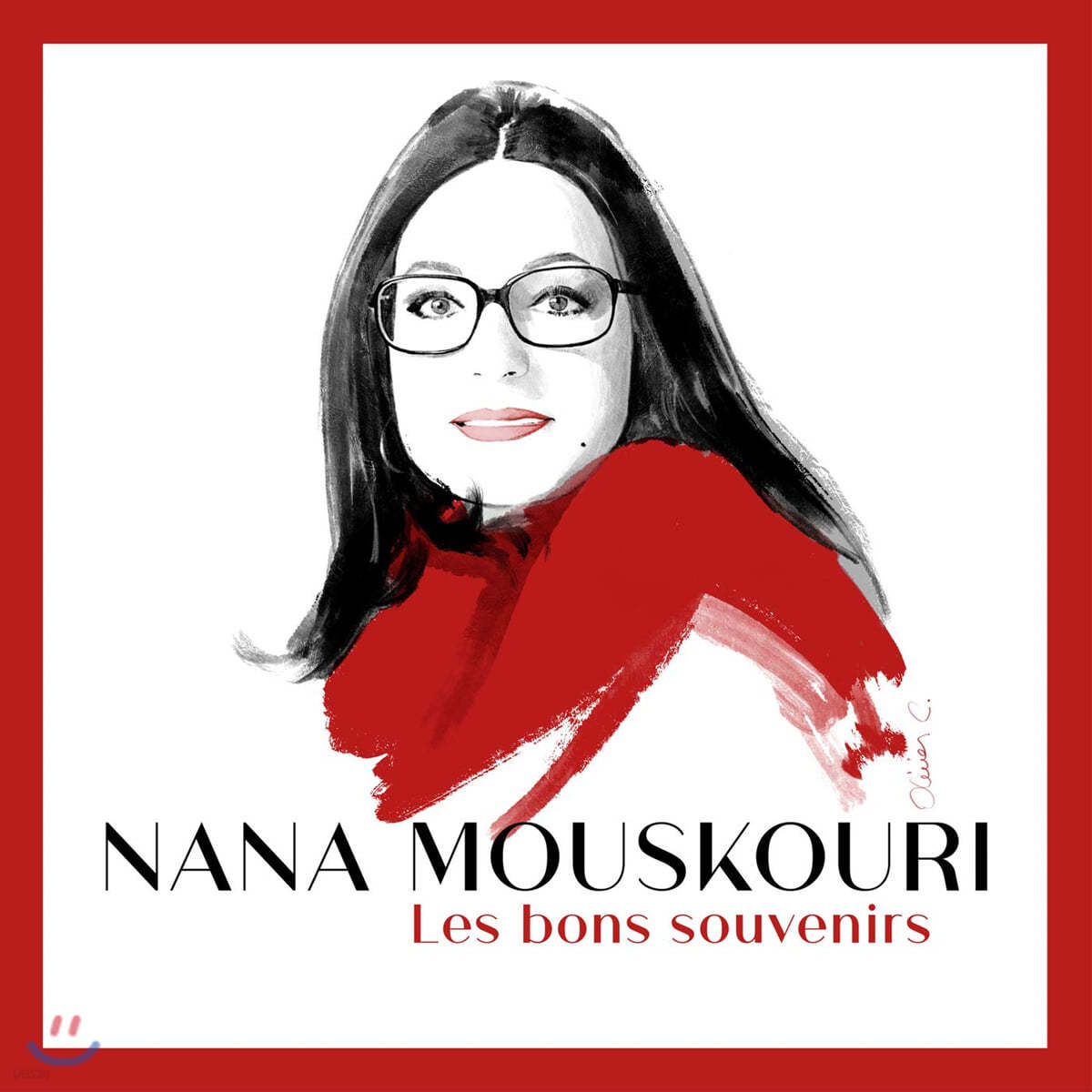
![[스크랩] 나나 무스쿠리... 그리스의 아름다운 노래 모음집 [스크랩] 나나 무스쿠리... 그리스의 아름다운 노래 모음집](https://img1.daumcdn.net/thumb/R800x0/?scode=mtistory2&fname=https:%2F%2Ft1.daumcdn.net%2Fcfile%2Fblog%2F173D25444DEF2A7A2B)

![Nana Mouskouri (나나 무스쿠리) - The White Rose Of Atens [LP] - 예스24 Nana Mouskouri (나나 무스쿠리) - The White Rose Of Atens [Lp] - 예스24](https://image.yes24.com/goods/108714993/XL)

이 기사에 대한 링크: 나나 무스쿠리 guten morgen sonnenschein.
자세한 내용은 이 항목을 참조하세요: 나나 무스쿠리 guten morgen sonnenschein.
- Guten Morgen Sonnenschein – song by Nana Mouskouri
- Guten Morgen Sonnenschein/Nana Mouskouri(나나 … – 벅스
- Guten Morgen Sonnenschein – Nana Mouskouri – tải mp3
- Nana Mouskouri 대표곡 – 플레이리스트
- Guten Morgen Zonen Shine – Nana Mouskouri
여기서 더 보기: https://thuetaxi.com/category/music blog